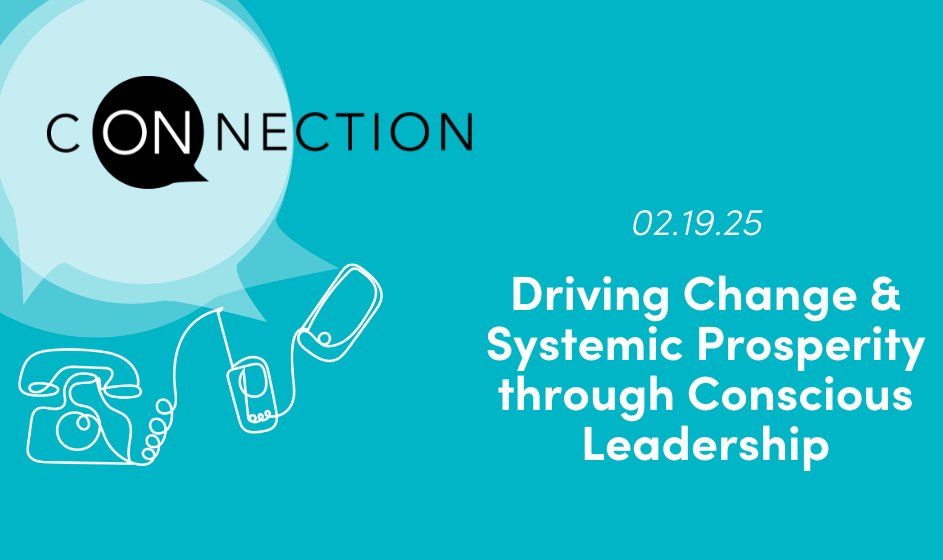As an Executive Coach, I hear leaders saying more and more often that they need to go “push back” on something—a decision, a plan, an idea. It can be empowering to assert your perspective or perhaps draw boundaries, and for many this can feel like a developmental goal. However, the notion of pushing back and how frequently and commonly it seems to be practiced in the business world reveals the sensed struggle or fight that is often the backdrop of corporate life.
Work and leadership can feel like a constant negotiation with resistance. Differing perspectives, competing priorities, and simple misunderstandings leave us feeling like we have to defend our position in order to get anything done. As biologists and neuroscientists tell us, under threat humans react automatically and without choice; bypassing the reasoning part of the brain, we fight, flee, freeze, or appease. This language of fighting or fleeing may seem extreme, bringing to mind images of fisticuffs or physically running away. What is more often at play in the working environment is the more subtle fights (triggered by subtle social workplace threats). These “fights” are characterized by an underlying need to win, and definitely not lose. It’s fighting for my idea and what I care about. It could be a fight for what my team needs. A fight demanded of me to be a “strong leader.”
Now you might say, “I’m not pushing back on the person, I’m just pushing back on their idea.” However, humans identify with their ideas and any sense of a fight or even resistance may generate pushback. This is innate, simply part of our DNA. Now we are in a back-and-forth, waiting for a winner to prevail.
One of the major downsides of this dynamic is that when we are under stress, we lose our ability to be creative. A clenched fist is much less agile than an open hand.
Our vision at Conversant: We awaken the world to the power and joy of authentic human connection, setting a new standard for leadership that produces meaningful, enduring impact.
I’d like to highlight the idea of “setting a new standard for leadership” in this context. What if instead of “pushing back” we listen to learn? What if instead of telling our direct report to go push back on a decision, we ask her to go do research?
- What had the other person come to the solution you’re wanting to counter?
- What is that plan caring for?
- What obstacles might this decision help them avoid or minimize?
- What do they see as the long-term value of this plan? Etc.
Our new standard of leadership suggests that we step outside or above the fight and learn from each other. At Conversant we are fond of saying “the conversations are the work” of leadership. If you look into the etymology, the verb “to converse” means to “turn with.” An even older use was to live, dwell, inhabit. It’s an exchange or a dance between two or more people, inhabiting what is created between them. When we listen to learn, and then we actually learn something, the experience can be one that expands our own understanding, opens us up to new possibilities, and relieves tension. We are also fond of saying that “we are smarter together.” When we learn from others, we have access to much more intelligence and wisdom.
With this new understanding of the other’s perspective and resultant mood, now we have many options. We can say, “I have a different perspective, might I share it?” Here you can respect the reasons why the other person arrived at their point of view while offering yours. You don’t have to prove the other person wrong to get your point across. In other words, there doesn’t have to be a single “winning” view.
One zany option we have is to say, “Wow, that taught me a lot. I had some resistance but after learning more, I am all on board.” Another option is to raise the issues you are seeing with their plan and offer counter proposals that work with the concerns and priorities you’ve learned are important to them. If we start by pushing back, these options are unlikely to be available to the conversation.
Now you might be thinking, “the push back actually works for me! Why would I give it up?” Yes, the pushback can be effective. For some, pushing back is one of their leadership strengths and has a lot to do with what got them to the level of success they’ve reached. In setting a new standard, I am not saying that pushing back is bad. What I am saying is that there are more options, options that when practiced and exercised well can create more powerful and sustainable results while increasing leadership credibility and influence.
You may also be thinking, “I can’t afford to stop and learn, we have important issues to solve and must have a sense of urgency.” Listening to learn is not mutually exclusive with a sense of urgency. Listening to learn can be done rather quickly if you are truly interested in learning. More importantly, what you learn may make future execution move much more quickly and efficiently, with fewer fights along the way (from my experience, it routinely does).
Some of the organizations we work with have utilized pushback and argument to be successful on many fronts. In spite of some success, they often come to us wanting to improve employee engagement, retention, and other longer-term leadership strategies.
Most long-term leadership strategies where you want to change people’s behavior require a level of curiosity and a bet on continual learning and improvement that doesn’t fit well with being overly demanding and always focused on a short-term gain. Influencing behavior through fear, force, and domination may work at first, but you’re much less likely to really have them on your side and wanting to contribute to your goals.
I often say that every interaction we have is creating a future. Are your interactions, the conversations and relationships you’re in every day, creating the future you want for you and your organization?
So, next time you feel the need or get the request to go “push back on that,” give listening to learn a try.





1 Comment
Hi Mickey and Gang,
Glad to see CII returning!
Bill
PS
Enjoyed Conversant Connects on Listening